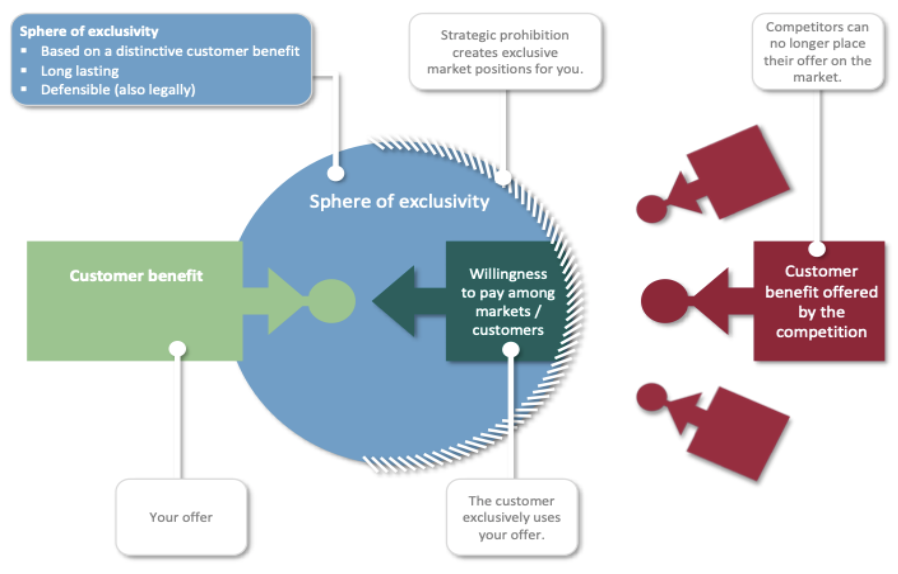IP-based brand management for Caribbean Rum: New research project at MIPLM
The rum industry is one of the largest earners of foreign exchange for the Caribbean islands outside of tourism and oil. For over 300 years, the Caribbean rum business has gently matured in protected markets. Centuries ago, rum was distilled from useless molasses that were left to spoil in the tropical heat and humidity for weeks before fermenting. In more recent years, the increasing pressure on companies to diversify their portfolios and offer a geographic presence has led to several mergers, acquisitions and strategic alliances in the rum industry, leading in turn to stiffer competition and the necessity to develop IP-based brand strategies.
 Rum is an alcoholic beverage distilled through fermentation from the byproducts of sugarcane such as molasses, or directly from sugarcane juice and these methods are still used by most manufacturers. Once dubbed a “hot, hellish and terrible liquor”, commercial rum is believed to have originated in Barbados in the 1630s. Today, rum results are aromatically far funkier and pleasantly pungent depending on time, technology, and tropical location. From the Bahamas to Trinidad, most islands produce rum, often using age-old techniques and fiercely guarded secret recipes. Rum is believed to be the world’s oldest distilled alcoholic drink. Today, lust for the liquor has never been so potent, and it is a taste for premium brands that is leading the charge, say manufacturers in the Caribbean who are reporting increasing sales in top-shelf varieties.
Rum is an alcoholic beverage distilled through fermentation from the byproducts of sugarcane such as molasses, or directly from sugarcane juice and these methods are still used by most manufacturers. Once dubbed a “hot, hellish and terrible liquor”, commercial rum is believed to have originated in Barbados in the 1630s. Today, rum results are aromatically far funkier and pleasantly pungent depending on time, technology, and tropical location. From the Bahamas to Trinidad, most islands produce rum, often using age-old techniques and fiercely guarded secret recipes. Rum is believed to be the world’s oldest distilled alcoholic drink. Today, lust for the liquor has never been so potent, and it is a taste for premium brands that is leading the charge, say manufacturers in the Caribbean who are reporting increasing sales in top-shelf varieties.
Branding has a vital role to play for a company trying to differentiate itself. A brand should be the embodiment of the product or service being offered to customers. It takes time to build, as it is based upon a tacit guarantee that the product or service will consistently deliver what it promises. A good brand is a valuable business asset and a firm following a differentiation strategy will need to invest as much time and money to develop it.
This is not to say that branding is simplistic, as brand management faces several challenges and opportunities:
- globalization and the greater openness of markets
- the impact of technological change
- the increased power of distributors
- the evaluation of channels and stakeholder expectations.
The strategy of the Caribbean rum industry is best focused on developing international strategic alliances and expanding the current presence of their products in both existing and new markets. Any strategic alliance with brands would give regional manufacturers an established platform from which to grow in the US and European markets (according to Paul Pounder).

Intellectual property rights (IPRs) are applied strategically to differentiate goods or services in the marketplace and to protect the rights holder through the exclusivity they offer. During that period of protection, the aim should be to leverage the IPRs to grow your market by for example, blocking the entry of competitors through the exercise of the IPRs or the development of high switching costs or standards around the innovation to “lock in” customers. This paper analyses the linkage between the use of IPRs and the creation and maintenance of market positions through brand development.
Additionally, although it is not the primary objective of this research it implicitly looks at the applicability of IPRs and IP strategy to companies operating in small, developing countries which might not be heavily focused on technical innovation, countering the argument that these subjects are the domain of the industrialized world.
The case study methodology is employed and looks at the market position of the largest agro-based industry in the Caribbean, rum, and the competitive strategies applied by regional producers as well as the use of internal resources to create and sustain a competitive advantage. This is within the context of the current transitioning by Caribbean rum producers to expand their participation in the global premium and premium plus market segments. Although the region is entering the market from a position of some strength, producers are facing tremendous competition and its advantages can be lost unless steps are taken to secure them. In this regard, the focus of the Caribbean rum industry should center on to use of IPRs for brand development to achieve and maintain the desired premium position.
Brand development requires not only creating brand names and implementing a marketing program. It requires a broader understanding of the concept of a brand and how it is established. This is realized through the application of the 7Ps of the marketing mix framework and identifies and integrates the actual and potential role of IPRs. This allows for a holistic approach to brand creation, looking at the various elements which communicate the unique customer experience provided by the products (and services) of the organization and how they create value. This is illustrated in the graphic below:

 Certainly, some of the developments in the global rum and spirits industry will be very difficult to implement in the Caribbean due to a reality of high costs and limited resources. But the expanded entry into the premium market means truly offering a premium product. Consumers in this segment are often young, tech savvy and influenced by social media trends. They operate in a technologically sophisticated space and have certain expectations in terms of interactions and experiences with brands. So, even though they are small, Caribbean rum producers must respond to big expectations. The capacity to appropriate economic returns from the use of IPRs to develop the brand will ultimately be dependent on a number of contingency factors including the investment in product development, marketing and the strategic use of resources. Nonetheless, the ability to strategically use IPRs as business tool even by small producers is indispensable.
Certainly, some of the developments in the global rum and spirits industry will be very difficult to implement in the Caribbean due to a reality of high costs and limited resources. But the expanded entry into the premium market means truly offering a premium product. Consumers in this segment are often young, tech savvy and influenced by social media trends. They operate in a technologically sophisticated space and have certain expectations in terms of interactions and experiences with brands. So, even though they are small, Caribbean rum producers must respond to big expectations. The capacity to appropriate economic returns from the use of IPRs to develop the brand will ultimately be dependent on a number of contingency factors including the investment in product development, marketing and the strategic use of resources. Nonetheless, the ability to strategically use IPRs as business tool even by small producers is indispensable.
The research project was conducted by MIPLM graduate Dr. Erica K. Smith and supervised by Prof. Dr. Alexander Wurzer and Dr. Thibaud Lelong both CEIPI.
 Erica has over 10 years as a consultant specializing in intellectual property rights management and business development. She has a post-graduate degree in International Business (University of Groningen) and in Intellectual Property Law (University of Alicante). Her doctoral research at the University of Agder was on the collective management of copyright in the digital environment in the Caribbean. Her work focuses primarily on SMEs in developing countries, and she advises on the commercialization of IP rights. Additionally, Erica has for over 20 years been the CEO of the Barbados collective management organisation, COSCAP which manages copyright in musical works and the rights of performers and producers of sound recordings.
Erica has over 10 years as a consultant specializing in intellectual property rights management and business development. She has a post-graduate degree in International Business (University of Groningen) and in Intellectual Property Law (University of Alicante). Her doctoral research at the University of Agder was on the collective management of copyright in the digital environment in the Caribbean. Her work focuses primarily on SMEs in developing countries, and she advises on the commercialization of IP rights. Additionally, Erica has for over 20 years been the CEO of the Barbados collective management organisation, COSCAP which manages copyright in musical works and the rights of performers and producers of sound recordings.
In 2021, Erica undertook the Master of Intellectual Property Law and Management at CEIPI, University of Strasbourg.
Here is a description of the research project:



